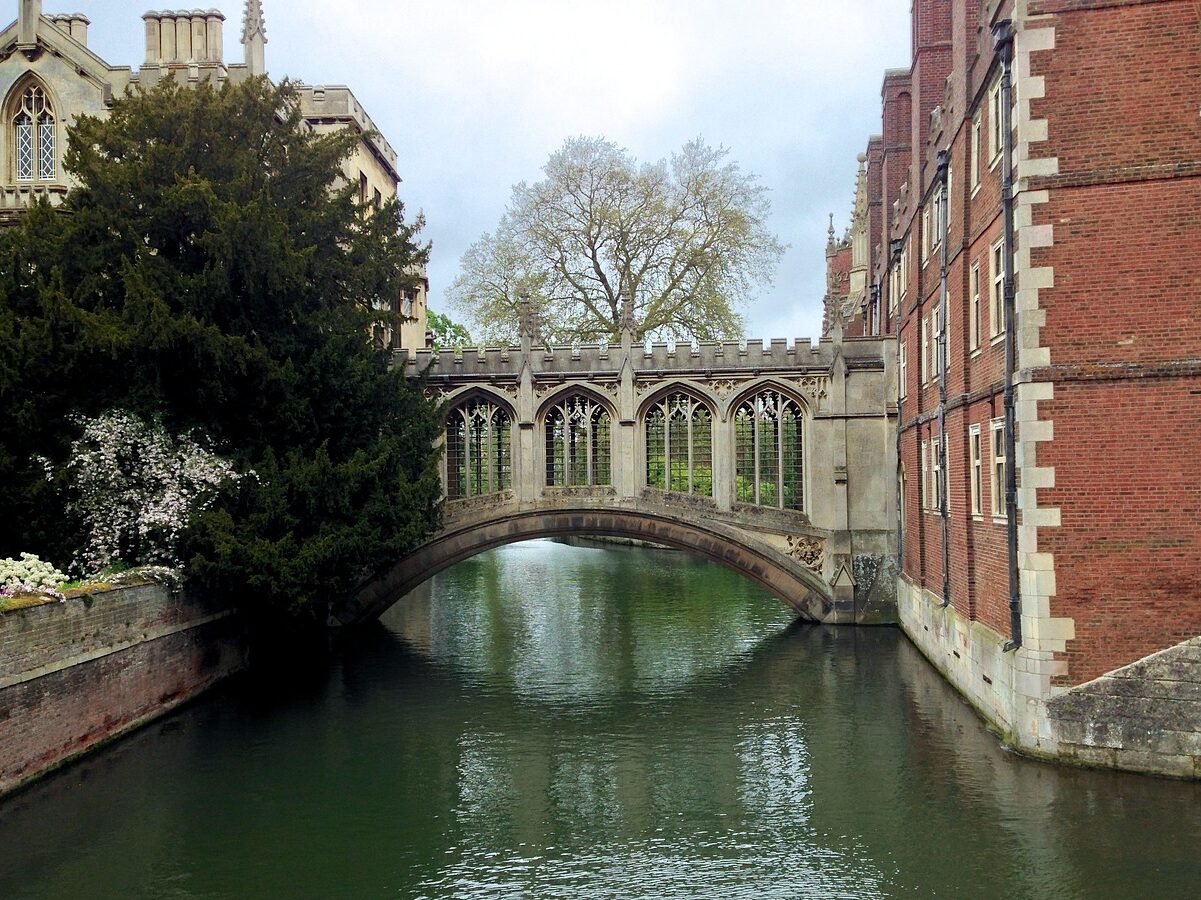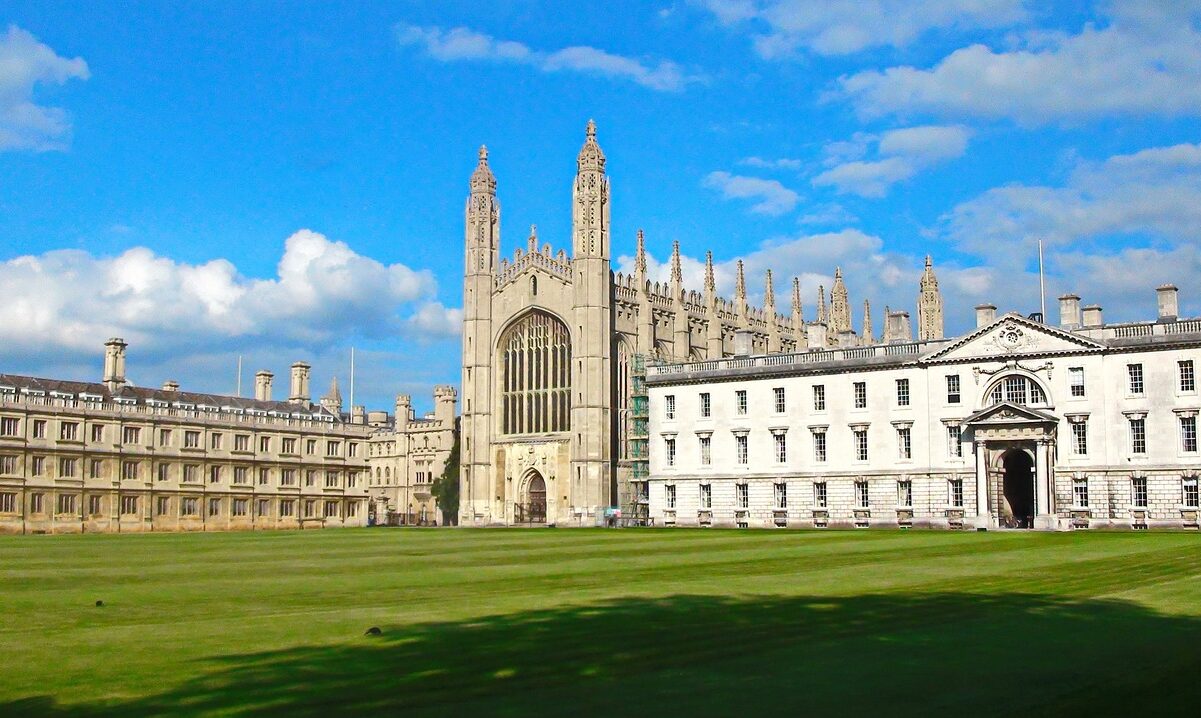Cambridge (CIE), Advanced Placement (AP) and International Baccalaureate (IB) are all academically challenging programs that allow high school students to take advance classes that improve their chances of getting accepted in their university of choice and in some cases get college credit.
So how do American universities perceive them?
Out of the three programs, AP is the most widely recognized in the United States. Almost every American university accepts AP scores. A few years ago, only a few allowed Cambridge or IB but that has changed. Now, even the Common App has the option to include AS and A level classes.
The most significant benefit, however, concerns colleges which have a holistic approach for student admissions. Usually, the most selective schools use that criterion. One of the elements they evaluate is rigor of academic coursework. Those institutions consider that students who have taken a challenging coursework, and succeeded, are more likely to do well in college. Admission officers will compare the number of rigorous classes a candidate has taken against the ones offered at their high school, and then evaluate what grades they have gotten. For that purpose, AP, IB, and AICE classes are all equally accepted because they have a similar level of rigor at all schools.
Similarly, AS and A level classes are getting the same treatment as AP or IB ones regarding college credits. That doesn’t mean that all universities will give the student credits for them. The most competitive colleges will only give the student the option to consider certain college courses as approved but without granting them credits. That means that the student will have to take a more advanced class on the same subject to earn the credits. Outside of the Ivies and other top schools, most colleges will give credits for AICE classes, allowing the student to graduate early, and save some serious money in the process.





